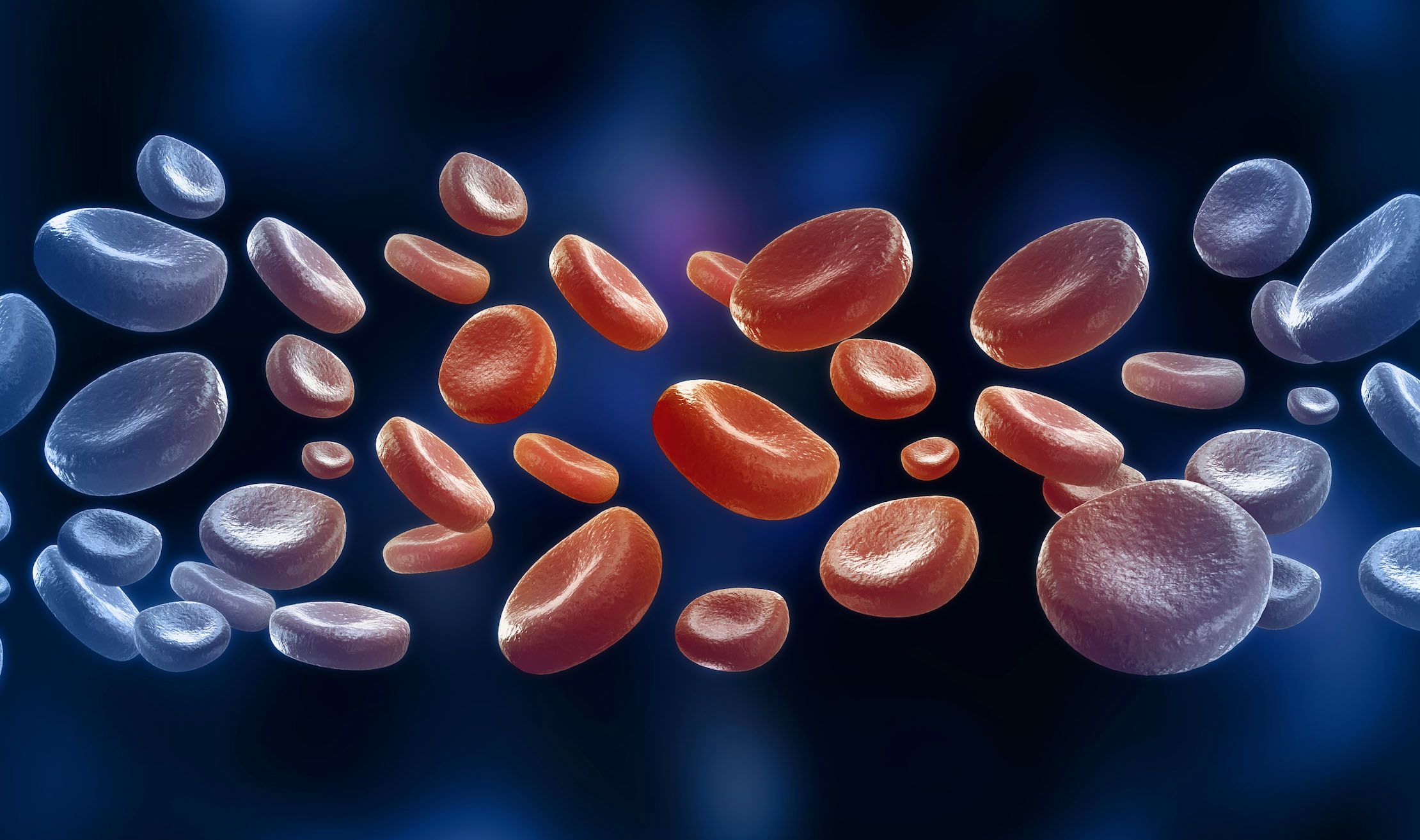Investigational Agent Achieves All Secondary End Points in Phase 3 Study of Hematologic Malignancies
Omidubicel as treatment of patients with high-risk hematologic malignancies induced rapid platelet engraftment and a reduction in the number of infections and hospitalizations, meeting all 3 secondary end points of a phase 3 clinical trial.

Omidubicel as treatment of patients with high-risk hematologic malignancies induced rapid platelet engraftment and a reduction in the number of infections and hospitalizations, meeting all 3 secondary end points of a phase 3 clinical trial (NCT02730299), announced Gamida Cell Ltd., in a press release.1
The 3 secondary end points included the proportion of patients who achieved platelet engraftment by day 42, the proportion of patients with grade 2 or 3 bacterial or invasive fungal infections within the first 100 days after transplant, and the number of days alive and out of the hospital within the first 100 days after transplant. Each of these end points saw a statistically significant improvement with omidubicel compared with standard umbilical cord blood transplant in the control arm.
“These data, obtained in a global, randomized, multi-institutional setting could represent an important step forward in the field. In addition to more rapid platelet engraftment, a key step toward recovery, reducing infections and hospitalizations are considered meaningful patient outcomes and have the potential to provide substantial value for patients, their families and the healthcare system,” said Mitchell Horwitz, MD, principal investigator and professor, Medicine, Duke Cancer Institute, in a statement. “The totality of these data strengthen my belief that omidubicel has the potential to be a graft source for any patient who does not have access to a matched related donor and could help make stem cell transplantation more accessible and more successful for patients with lethal blood cancers.”
The company plans to present the full findings from this study at an upcoming medical meeting and plan to initiate a Biologics License Application submission by the end of 2020.
The primary end point of the study, time to neutrophil engraftment, was also met in the study of patients with high-risk hematologic malignancies who are undergoing a bone marrow transplant. The median time to neutrophil engraftment was 12 days with omidubicel (95% CI, 10-15) compared with 22 days in the control arm (95% CI, 19-25) in the study (P <.001).2
Additional results also demonstrated that 96% of patients who received transplant in accordance with the study protocol had successful neutrophil engraftment with the investigational agent compared with 88% in the control arm.
“These additional data reinforce the potential of omidubicel and move us another step closer toward bringing potentially curative therapies to patients. We look forward to presenting data at a future medical meeting, and we are continuing our work to enable the submission of our biologics license application for omidubicel to the FDA on a rolling basis, both expected in the fourth quarter,” said Julian Adams, PhD, chief executive officer, Gamida Cell, in a statement. “We deeply appreciate the patients who participated in this study, the incredible encouragement from their caregivers and the support we have received from investigators and their teams.”
In this multicenter, international, open-label study, 125 patients were included in the intent-to-treat analysis. Patients ranged from 12 to 65 years old and had either acute lymphoblastic leukemia, acute myelogenous leukemia, chronic myelogenous leukemia, myelodysplastic syndrome, or lymphoma. All patients included in the study had high-risk disease and were undergoing a bone marrow transplant.
To be included in the study, patients also had to have 1 or 2 partially HLA-matched CBUs, a back-up stem cell source, adequate Karnofsky/Lansky Performance score, and sufficient physiological reserves. Patients were excluded from enrollment if they had an HLA-matched donor that was able to donate, received a prior allogeneic transplantation, or had another active malignancy. They also could not have active/uncontrolled infection, active/symptoms of central nervous system disease, or be pregnant/lactating to be included in the study.
References
1. Gamida cell announces positive topline data on secondary endpoints from phase 3 clinical study of omidubicel in patients with hematologic malignancies. News Release. October 6, 2020. Accessed October 12, 2020. https://bit.ly/3lJznhf
2. Gamida Cell announces positive topline data from phase 3 clinical study of omidubicel in patients with high-risk hematologic malignancies. News Release. May 12, 2020. Accessed October 12, 2020. https://bit.ly/3lkoT7w